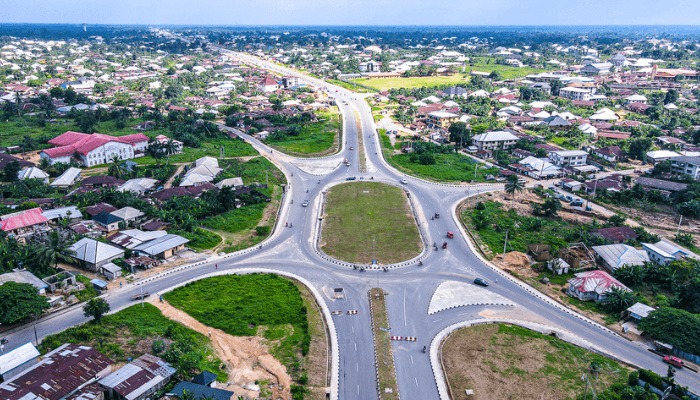Kogi, Oyo and Akwa Ibom states are currently the top three most expensive states to live in, in Nigeria.
This is according to the recently released data on inflation by the National Bureau of Statistics.
The report, which said the country’s inflation for the month of January 2024, rose to 29.90 per cent, also listed Abia, Rivers, Bauchi, Ebonyi, Ondo, Osun and Lagos among the top 10 most expensive cities to live in for the month of January 2024.
The report listed key drivers of inflation in the country to include the rise in food prices, worsened by security challenges in critical agricultural zones and a spike in transportation costs, among other factors.
A review of the report showed that food is a major driver of inflation in most of the states.
Kogi state topped the chart as the most expensive state in Nigeria in January 2024, recording an all-items inflation rate of 35.78 per cent from 35.57 per cent in December of the previous year, followed by Oyo which displaced Lagos to become the second most expensive state in Nigeria, with an all-items inflation rate of 34.58 per cent in January 2024, a significant increase from December’s 31.29 per cent, and food inflation rate of 37.3 per cent, showing an increase from December’s 34.3 per cent, which means that food is a major driver of inflation in this state.
Akwa Ibom took the third spot with an all-items inflation rate of 33.16 per cent in January 2024, marking an increase from December’s 31.08 per cent, with food inflation rate increasing to 40 per cent, compared to December’s 37.4 per cent.
Abia State took the fourth position spot with an all-items inflation rate of 33 per cent in January 2024, an increase from 31.28 per cent recorded in December 2023, with food inflation picking up at 39.6 per cent, a notable uptick from December’s 37.2 per cent, indicating a growing trend of increased living expenses, especially related to food, while Rivers state was ranked fifth with a 32.74 per cent inflation rate in January 2024, an increase from the 32.15 per cent recorded the previous month, and food inflation was higher at 40.1 per cent, an increase from December’s 38.6 per cent.
Bauchi is the sixth most expensive state to live in, according to the report, with an all-items inflation rate of 32.37 per cent in January 2023, a notable increase from 31.56 per cent in December 2023, while food inflation increased from 27.5 per cent in December 2023 to 28.8 per cent in January 2024.
Ebonyi State takes the 7th position as all-item inflation stands at 32.36 per cent in January 2024, representing a significant increase from 31.07 per cent recorded in the preceding month, with food inflation at 39.1 per cent, higher than the 35.7% recorded in December 2023.
Ondo took the eighth position in January 2024, reporting an all-item inflation rate of 32.33 per cent, up from 30.91 per cent in December 2023, with food inflation rate at 39.6 per cent, a from 36.9 per cent in December 2023.
In the 9th position, Osun has an all-item inflation rate of 32.31 per cent in January 2024, an increase from 30.13 per cent in December, and food inflation at 39.7 per cent, reflecting a marginal rise from 37.4 per cent recorded in December 2023, while Lagos improved eight places, leaving its regular spot of being the second most expensive state in Nigeria,to settle at the 10th position on the list in January 2024, with an all-items inflation rate of 31.85 per cent, a slight decrease from the previous month’s figures of 32.32 per cent.
Food inflation rate in Lagos slowed to 38.1 per cent, from 39.3 per cent in December 2023, an indication that inflation rate is on the decline in the state.









